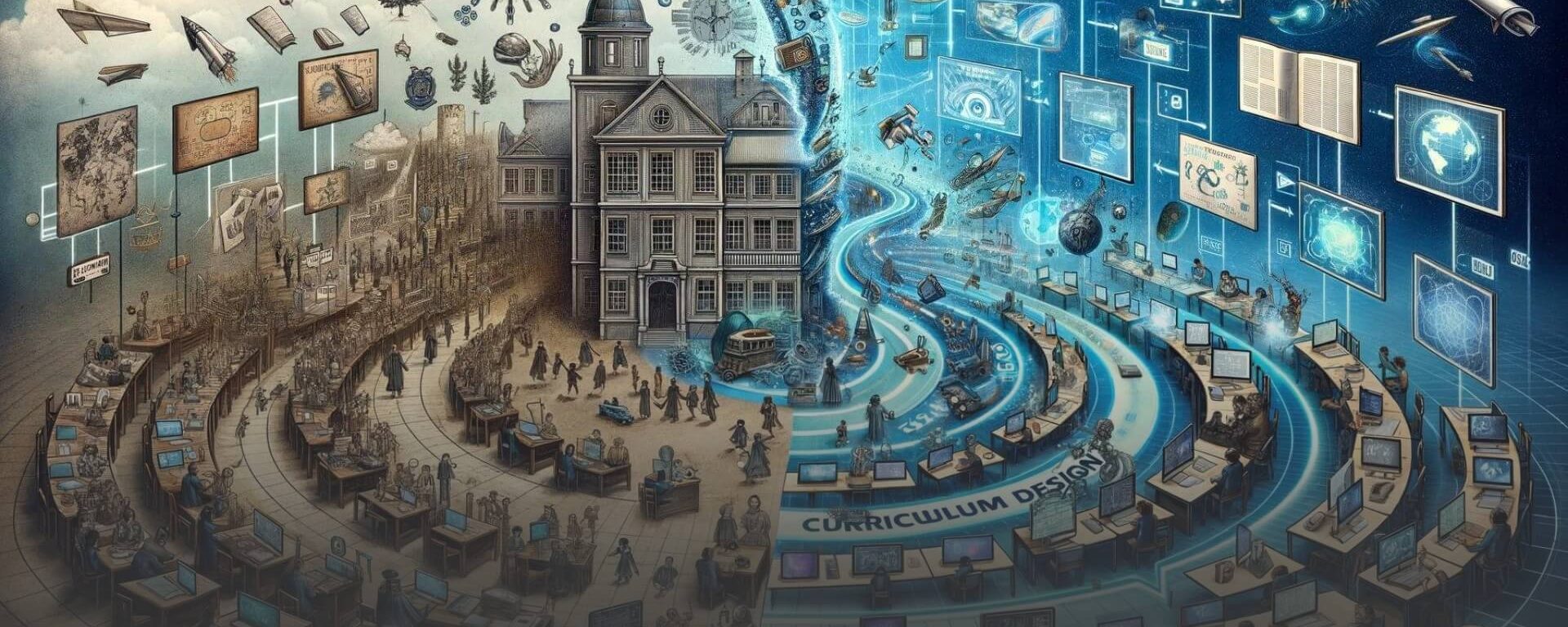Discover how contemporary curricula equip students with the skills, mindset, and adaptability needed to thrive in a rapidly changing workplace.
In the midst of rapid technological advancements and shifting workforce demands, modern curriculum design has become central to preparing students for future success. Today’s job market requires more than textbook knowledge; it demands a blend of technical expertise, adaptable mindsets, and lifelong learning capabilities. By aligning educational content with emerging industry needs, curriculum designers enable graduates to not only secure employment but thrive in dynamic careers.
A well-crafted curriculum provides the backbone for student achievement, outlining clear learning outcomes, relevant content, and methods that resonate with diverse learners. This strategic approach ensures that students develop in-demand job skills, remain resilient amid career disruptions, and transition smoothly from academia to industry roles. Institutions that continuously update curricula based on labour market trends build graduates’ confidence and competitiveness.
Key Skills for the Future Job Market
Modern curricula focus on embedding high-demand skills to meet and often exceed employer expectations. Digital literacy and data interpretation help students navigate new technologies and make informed decisions. Critical thinking and problem-solving cultivate proactive, solution-oriented talent. Emotional intelligence and communication develop leadership capabilities, enabling graduates to guide teams effectively.
Adaptability and a commitment to lifelong learning foster resilience as careers evolve. Creativity and innovation remain essential, particularly in the era of AI, where human ingenuity cannot be automated. Collaboration, time management, and self-direction are crucial for both office and remote work. Awareness of sustainability best practices is increasingly valued across industries.
How Modern Curricula Respond to Change
Project-based learning and internships allow students to apply knowledge in practical, real-world scenarios, bridging theory with professional practice. Digital classrooms and data analytics tools enhance instruction and simulate contemporary workplaces, making students proficient with platforms and skills essential for their professions.
Curriculum designers incorporate diverse learning pathways to cater to individual strengths and career ambitions. By analysing labour market trends and consulting industry experts, universities revise syllabi to close skills gaps and anticipate hiring needs. This ensures graduates enter the workforce with credentials and practical skills that employers truly value.
Modern curriculum design is no longer a static blueprint but a dynamic, responsive process that empowers students to navigate the evolving job market. By focusing on real-world relevance, in-demand skills, and future-focused thinking, educators provide learners with the toolkit for lifelong career resilience and meaningful impact.

. Excellent post! I appreciate how well you’ve explained the topic. It’s both informative and engaging — definitely worth sharing.